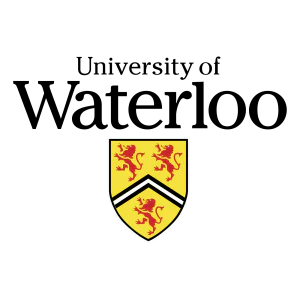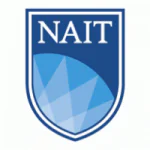Ready to learn more?
Next Cohort: Aug 14-Sep 25
By submitting your email address, you acknowledge and agree to CourseCompare.ca's Terms of Service and Privacy Policy.
Duration
6 weeks
Tuition
$249
Commitment
Part-Time
Delivery
Online
Year Founded
1957
Scholarships
no
Students in the Introduction to SQL course learn the key concepts of Structured Query Language (SQL) and gain a solid working knowledge of this powerful and universal database programming language. In this course, students learn about the basic structure of relational databases, how to read and write simple and complex SQL statements, and advanced data manipulation techniques.
First, students learn about the traditional database structure, the structure and history of the relational database, and what structured query language (SQL) is and how it relates to the relational database structure. Next, students discover how to use SQL to filter retrieved data and how to use SQL to sort and retrieve data from tables. Then they will learn how to reformat retrieved data with calculated fields and how to merge columns and create alternate names for columns. Students also learn how to gather significant statistics from data using aggregate functions and how to extract data from multiple tables simultaneously using joins and subqueries. In addition, students learn how to manipulate data using INSERT, UPDATE, and DELETE statements. Also covered is how to use SQL to create and maintain tables and learn how to create and use views to simplify complex queries, summarize data, and manipulate data stored in tables. Students discover how transaction processing, constraints, and indexes are implemented in SQL. And finally, discover how stored procedures, triggers, and cursors are implemented in SQL.
By the end of this course, students will have a solid working knowledge of structured query language. Graduates will feel confident in their ability to write SQL queries to create tables; retrieve data from single or multiple tables; delete, insert, and update data in a database; and gather significant statistics from data stored in a database.
Ready to get started?
Next Cohort: Aug 14-Sep 25
By submitting your email address, you acknowledge and agree to CourseCompare.ca's Terms of Service and Privacy Policy.
Student Reviews (5)
The coop program offered in most programs further prepares students
Rendi Wu
February 26, 2024Graduated From
not provided
Overall:
Instructors:
Curriculum:
Job Assistance:
I am a recent Mathematics grad from Waterloo. Waterloo offers a range of courses and career opportunities in multiple fields. The coop program offered in most programs further prepares students for full time career and ease of finding a job right out o...
I am a recent Mathematics grad from Waterloo. Waterloo offers a range of courses and career opportunities in multiple fields. The coop program offered in most programs further prepares students for full time career and ease of finding a job right out of graduation (almost 2 years work experience right out of graduation). While the school is academically focused and challenging at times, there are always events going on around the campus and people to hang out with. It is what you make it and I think if you are career focused and want to make meaningful connections, Waterloo is the place to be.
I(mmense opportunities on campus with respect to innovation
Tanisha Ghorpade
February 26, 2024Graduated From
not provided
Overall:
Instructors:
Curriculum:
Job Assistance:
It's an amazing university. You can literally watch yourself getting smarter while you study here. The faculty is really good and there are immense opportunities on campus with respect to innovation. It's a tough university and you must study extremely...
It's an amazing university. You can literally watch yourself getting smarter while you study here. The faculty is really good and there are immense opportunities on campus with respect to innovation. It's a tough university and you must study extremely hard to stay here. All in all I'd say it's one of the best universities in the world.


